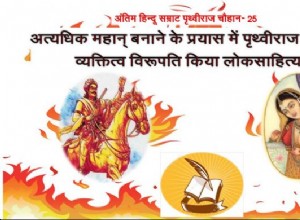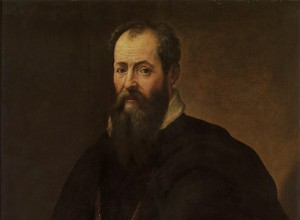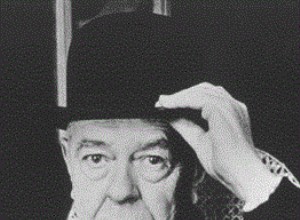In the previous episode we had discussed that according to Prithviraj Raso, there were 21 battles between Prithviraj Chauhan and Muhammad Ghori in which the armies of King Prithviraj Chauhan were victorious. The Hammir epic describes the defeat of Gauri seven times by Prithviraj. The Prithviraj Prab




